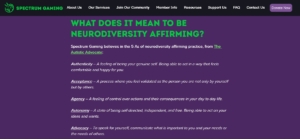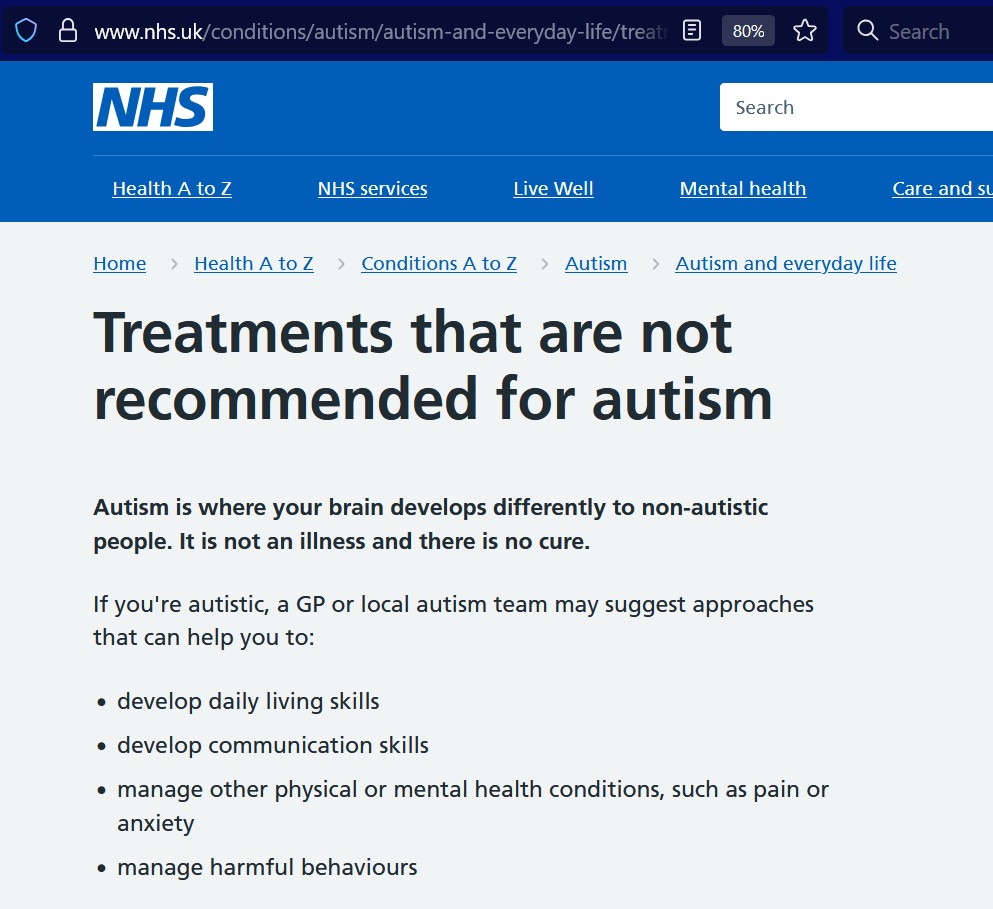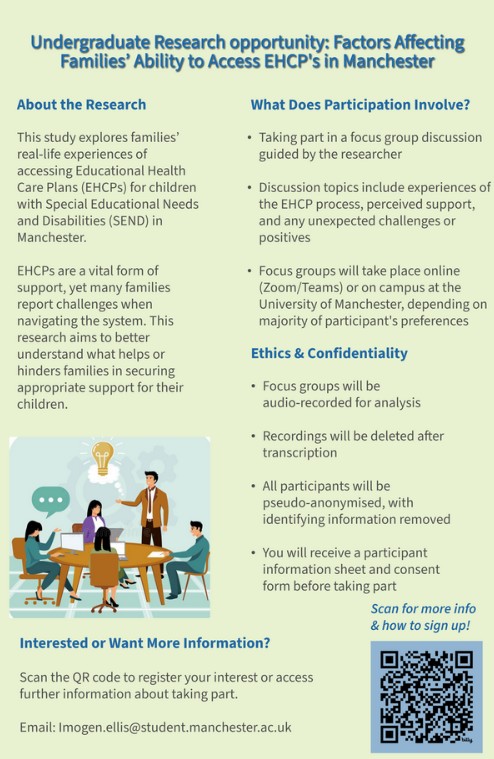A number of local authorities, schools and Parent Carer Forums have reported that parents in their areas are considering going abroad for ‘treatment’ for autism – including with stem cells. We unfortunately have heard this from some parents here as well and we encourage everyone to be cautious about looking for ‘cures’ or treatments for autism.

Source: Spectrum Gaming
First and foremost, autism does not need to be cured because it is not an illness. Autism is a difference in neurology, not a broken neurology. Neurodiversity is important because it promotes the acceptance and understanding of natural differences in human brain function, leading to a more inclusive society where diverse thinking is valued. By recognizing the unique strengths of neurodivergent individuals, such as deep focus and creativity, and providing appropriate accommodations, we can foster innovation, reduce stigma, and ensure everyone has the opportunity to thrive and contribute their full potential.
Furthermore, many in the autistic community view autism as a part of their identity rather than a disorder. The focus should be on providing support to manage challenges and leverage strengths, rather than attempting to ‘fix’ someone. “Curing” autism is seen as unnecessary and potentially harmful, as it implies autistic people are “failed versions of normal” and ignores the neurodiversity movement which promotes acceptance of neurological differences.
Additionally, there are treatments, products and approaches that the NHS and National Autistic Society do not recommend because either:
- they’re fake
- there’s evidence that they’re harmful
- the research and evidence show no benefit to autistic people – or there’s no good research into them
We have been asked to share an NHS weblink so that you can learn more about interventions that are, at best, not evidence-based and which could be dangerous. Read this article about treatments that are not recommended for autism to learn more.

Source: National Autistic Society





Leave A Comment